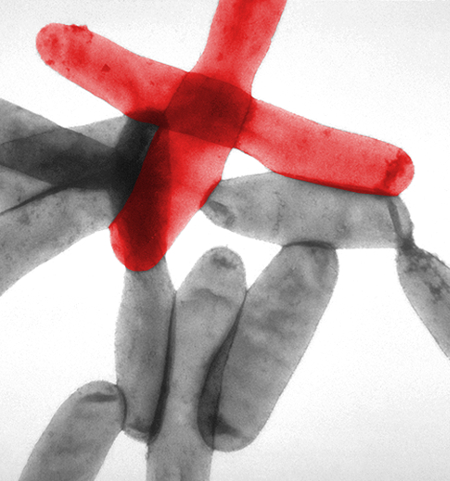Ebola evinces trial treatments
 The World Health Organisation says it is ethically acceptable to use unproven drugs and vaccines to fight Africa's Ebola outbreak, but there are already arguments over who should receive the short supply.
The World Health Organisation says it is ethically acceptable to use unproven drugs and vaccines to fight Africa's Ebola outbreak, but there are already arguments over who should receive the short supply.
The WHO, a UN health agency, has ruled that various experimental medicines and vaccines still under development for Ebola can be used against the outbreak, despite not having been fully tested or licensed.
“Ebola outbreaks can be contained using available interventions like early detection and isolation, contact tracing and monitoring, and adherence to rigorous procedures of infection control,” the UN health panel said in a statement.
“However, a specific treatment or vaccine would be a potent asset to counter the virus.”
The death toll from the highly-contagious outbreak has climbed to 1,013, since Ebola was discovered in remote south-eastern Guinea in March.
But now that the experimental drugs have the green light, the scarcity of supplies is raising questions about who gets priority treatment.
Liberia says it plans to treat two infected doctors with an unproven Ebola medicine called ZMapp, but only about 10 to 12 doses of the drug have actually been made.
Twitter users in West Africa have begun using the #GiveUsTheSerum Twitter hashtag to cry out for help.
ZMapp, a product of US biotech company Mapp Biopharmaceutical, has been administered to two US aid workers infected in Liberia.
There are reports that the treatment provided a swift and dramatic improvement for the two.
A 75-year-old priest in Spain who was also treated with ZMapp died in hospital this week, but it is unclear what relationship his death had with the treatment or disease.
Despite the excitement around ZMapp, the WHO says normal preventive public health measures are still the main way to curb the outbreak.
“Decisions to seal off the hot zone of disease transmission, that is, the area where the borders of Guinea, Liberia, and Sierra Leone intersect, are critical for stopping the re-infection of areas via the cross-border movement of people,” WHO director-general Margaret Chan said in Geneva.
Other companies are coming in with their possible treatments.
Bio-tech firms such as Tekmira Pharmaceuticals, Biocryst Pharmaceuticals, Siga Technologies, GlaxoSmithKline, the US National Institute of Allergy and Infectious Diseases, Johnson & Johnson's and Profectus Biosciences are in various stages of preparation to test their preclinical vaccines and treatments.
Meanwhile at the Ivory Coast, the economic centre of West Africa which shares borders with Guinea and Liberia, air travellers from the three worst-hit countries have been banned.
Ghana says the start of the academic year will be delayed for several weeks while Ebola screening continues at tertiary institutions.








 Print
Print